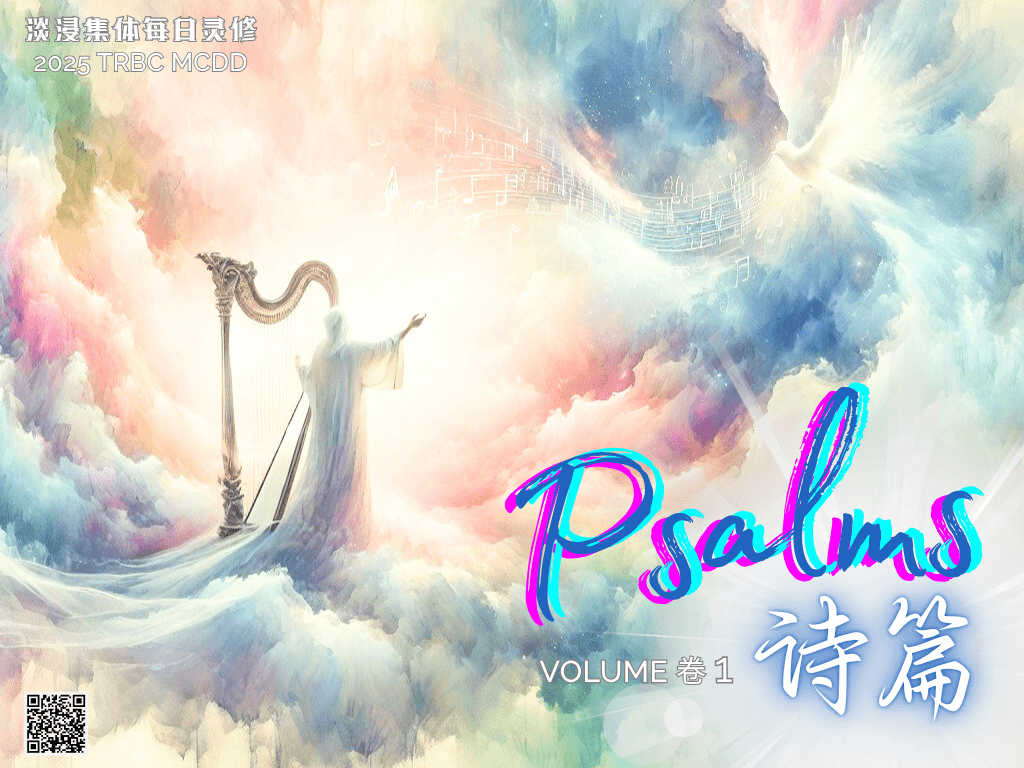Last 5 Days

Great is the Lord

Click here to read Ch35
The psalmist’s plea to God illustrated a deep relationship between him as a servant and the Lord. He expresses trust and reliance on Him for strength to overcome adversity. We can resonate with his need for God’s assurances when we face difficulties in our lives, whether physical, emotional, or spiritual.
In verses 1-3, he expressed his need for assurance from God as essential when he undergoes difficulties in his life to provide him with strength to persevere. His request is not solely for immediate deliverance, but for confidence to navigate the challenges, especially the patience for his spiritual journey. Sometimes, rather than instant solutions, we require a sense of divine companionship and encouragement. The psalmist shows us that faith is not holding onto hope but finding strength in the knowledge that God cares for our well-being and fights alongside us.
In verses 4-8, the desire for justice and reversal of fortunes is his desire for divine intervention, where the oppressors become the oppressed. This is also a sentiment many individuals share, especially when they witness wrongdoing and the apparent prosperity of those who inflict harm. The psalmist's plea for God to act on his behalf encapsulates a universal cry for justice and protection from those who harm the weak.
In verses 9-10, we see a glimmer of resilience as the psalmist acknowledges his weariness yet chooses to trust God for deliverance. It speaks of an inner strength that, despite suffering, he can still rejoice and find solace in God’s unwavering support having received the assurances of God’s presence in his trouble times. The declaration that there is no one like Him underscores the unique solace and strength found in faith, reinforcing the idea that even in the darkest times, God stands as a source of hope for us.
In verses 11-16, the betrayal faced by the psalmist becomes even more painful and especially hurtful when those he has treated with kindness and love turn against him. His generosity towards his enemies and their vile repaying of evil highlights the deep feelings of betrayal.
In verses 17-21, the psalmist articulates a sense of urgency for divine intervention. His promise to give thanks among the people highlights not only his faith but his desire to share his experience of God’s deliverance publicly. This public acknowledgment becomes a testament to God’s faithfulness, contrasting the shame he feels in his current situation that others are witnessing.
His plea for God to act is driven by a fear of being mocked by his enemies. He hates the idea that they would celebrate his downfall. It's a natural human desire not only to seek justice but also to be vindicated when falsely accused or treated unjustly. His desire for God to silence those who mock him is deeply personal and communal as he longs for restoration, not for himself, but for God to be honored among His people.
In verses 22-28, an intense shift occurs as the psalmist passionately entreats God to arise and defend him. His call for God to act depicts a sense of urgency and desperation, underscoring the belief that God’s righteousness is the basis for his request for deliverance. This is how we would feel during such times, as we desire for God to vindicate us. May we not give up hope but seek the Lord even more in such times.
Prayer:
All praise be to the Great God of the Bible for His deliverance of us from the wicked. May we not fear in such times but have faith in God!
